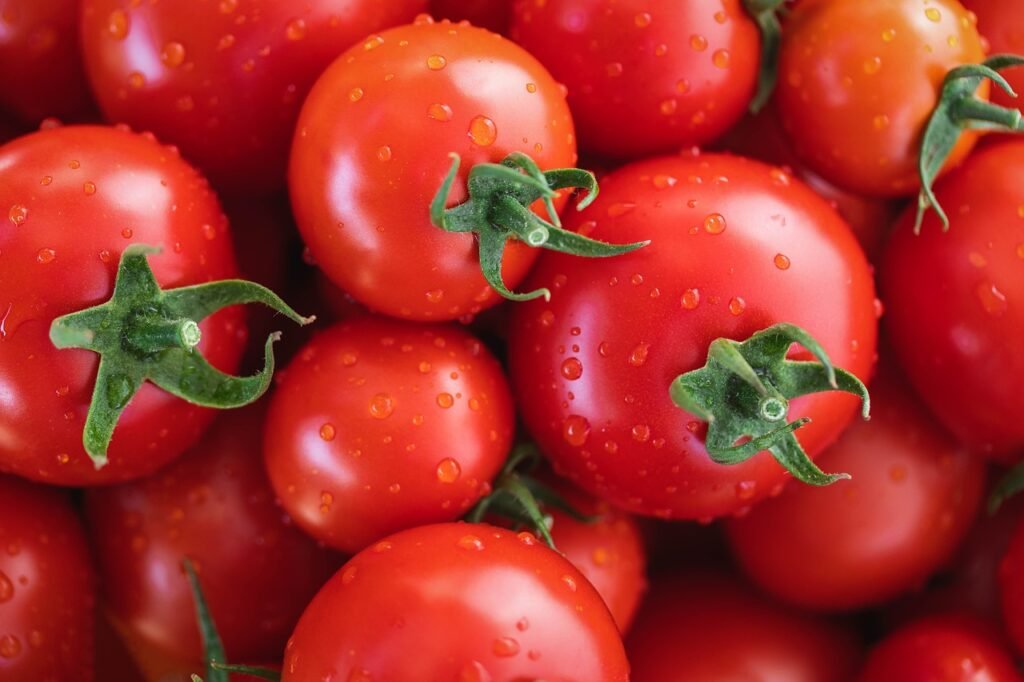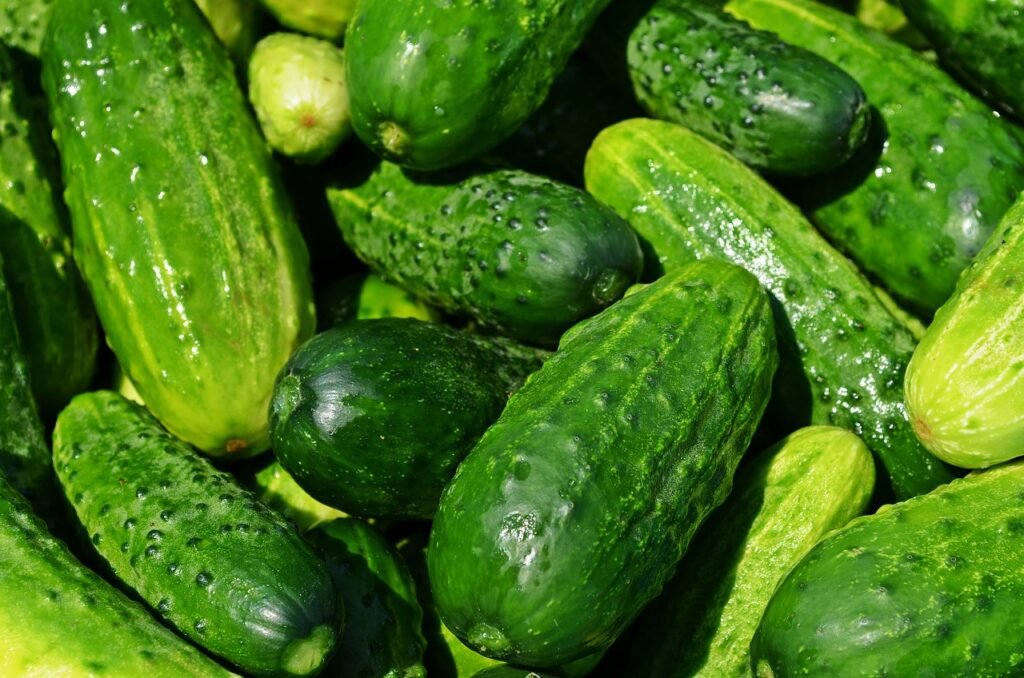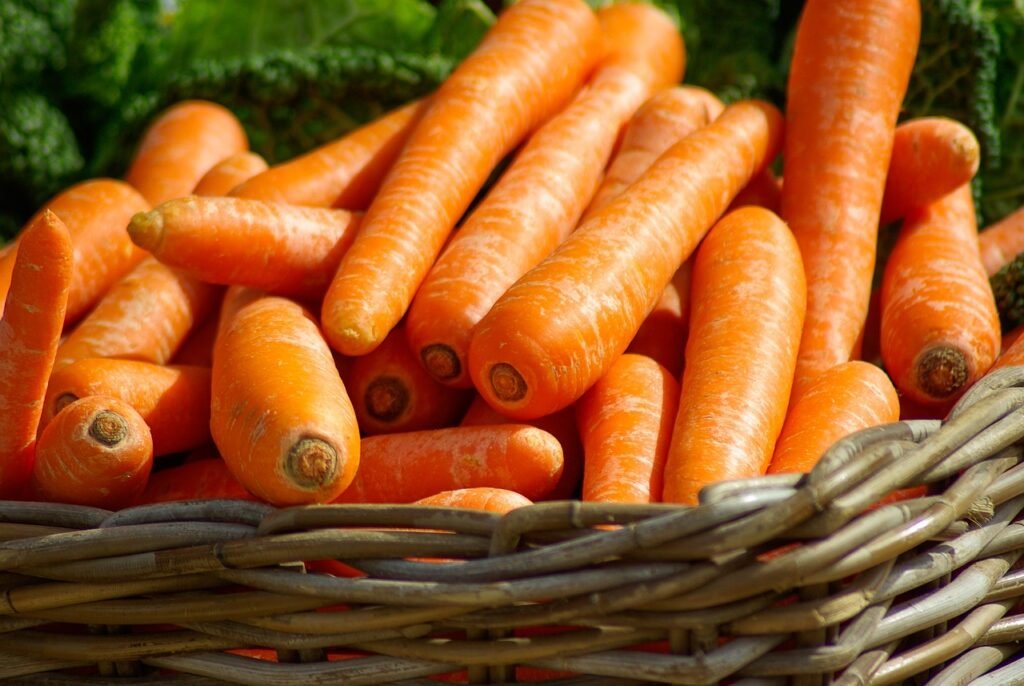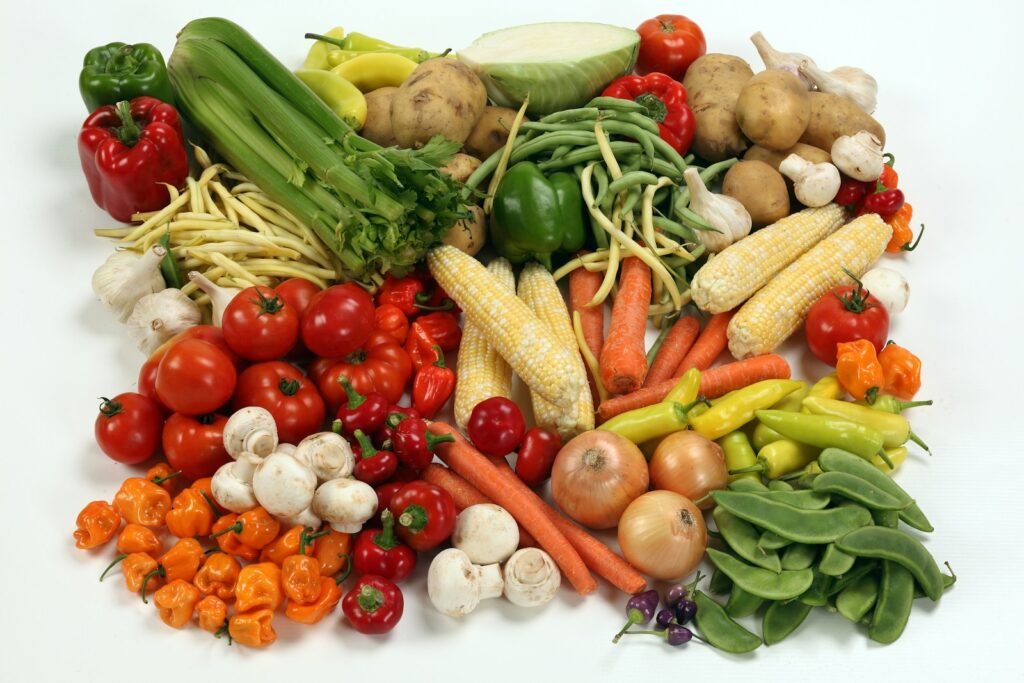Office #207-2nd Floor-ZALFA BUILDING-NEAR Jumeirah Creekside Hotel-Garhoud -Dubai UAE
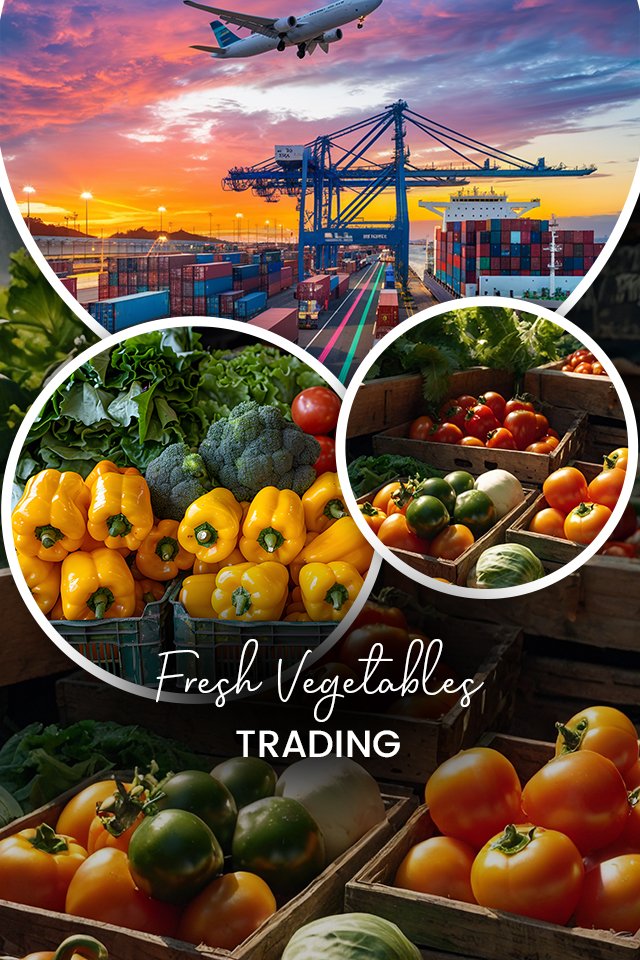
Sourcing the Freshest Vegetables for Global Markets
Fresh vegetables Exporter
MKK Trade specializes in the trading of fresh vegetables, providing businesses with a consistent supply of high-quality, nutritious produce sourced from trusted farmers and suppliers around the world. Our range of fresh vegetables caters to retailers, wholesalers, and the hospitality industry, ensuring that every order meets the highest standards of freshness and quality. We take pride in offering a diverse selection of vegetables, tailored to meet the needs of our global clientele.
Fabric Trading
Fabrics that Inspire: MKK Trade's Textile Solutions
Building Materials
Building Strong Foundations with MKK Trade
Foodstuffs
Your Trusted Source for Global Food Products
Fish
Choose your favorite category mauris orci dignissim nisl
Wine
Choose your favorite category mauris orci dignissim nisl
Pizza
Choose your favorite category mauris orci dignissim nisl
Chicken
Choose your favorite category mauris orci dignissim nisl
Burger
Choose your favorite category mauris orci dignissim nisl
Dessert
Choose your favorite category mauris orci dignissim nisl
Starting from
$10
Our Fresh Vegetable Offerings
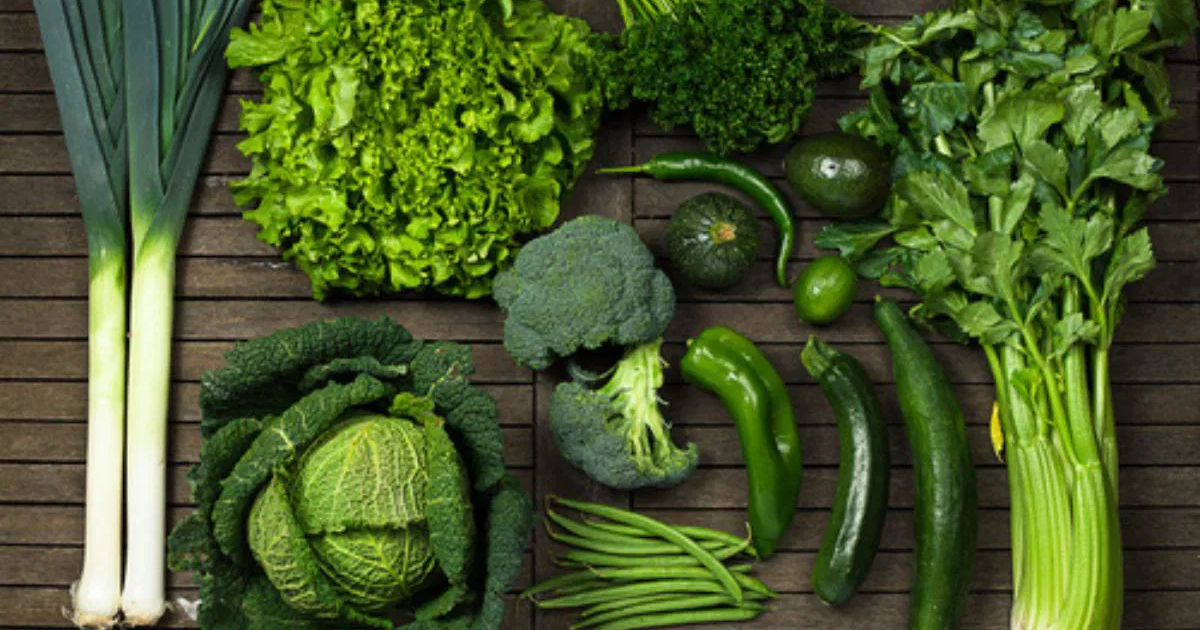
Leafy Greens
Fresh and nutrient-rich greens like spinach, lettuce, kale, and arugula, perfect for salads, smoothies, and cooking.
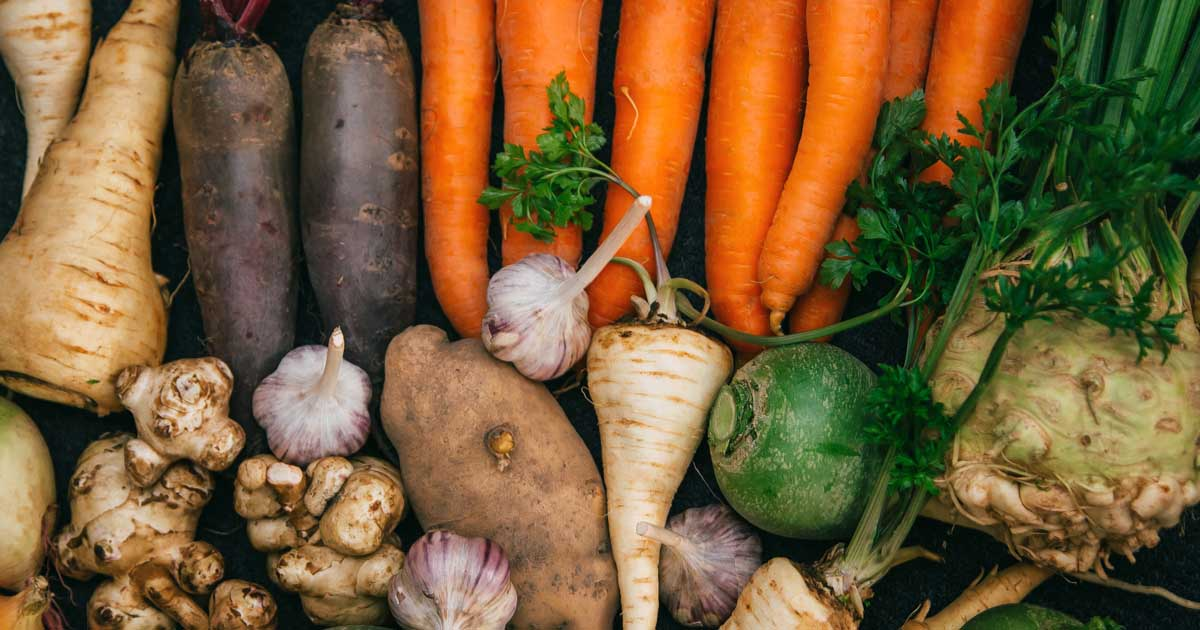
Root Vegetables
A variety of root vegetables including carrots, potatoes, onions, radishes, and beets, known for their flavor and versatility in cooking.
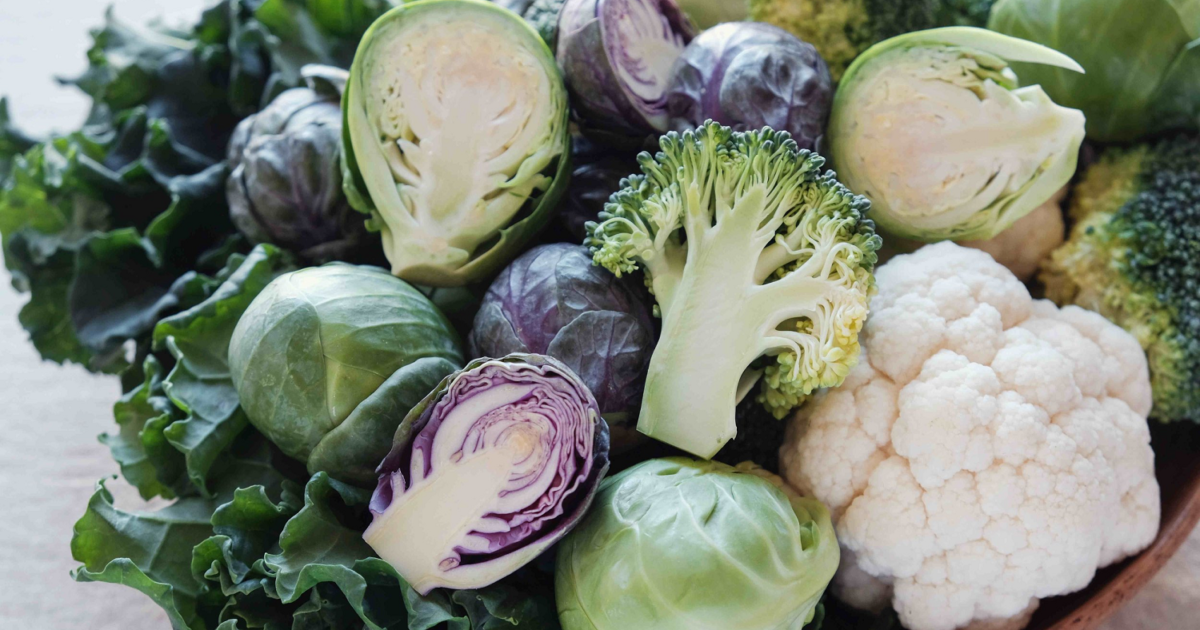
Cruciferous Vegetables
High-quality broccoli, cauliflower, cabbage, and Brussels sprouts, packed with essential vitamins and minerals.
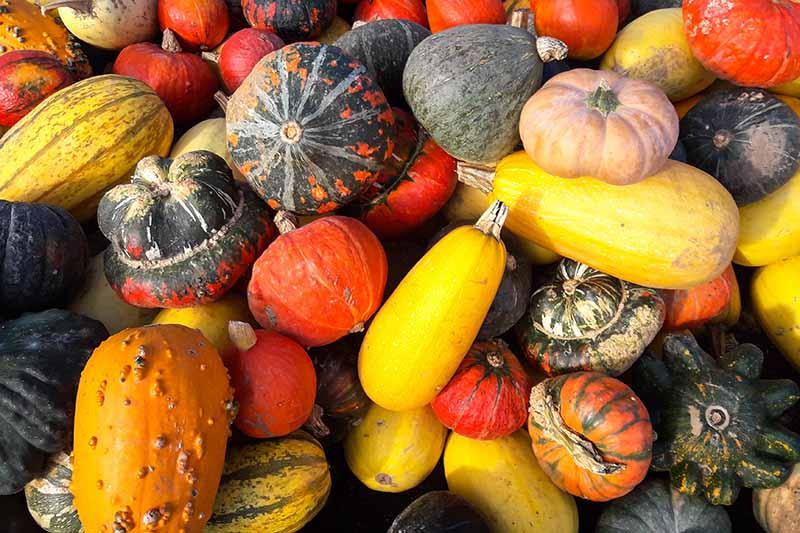
Gourds and Squashes
A wide selection of gourds and squashes such as zucchini, pumpkins, and cucumbers, ideal for soups, salads, and side dishes.
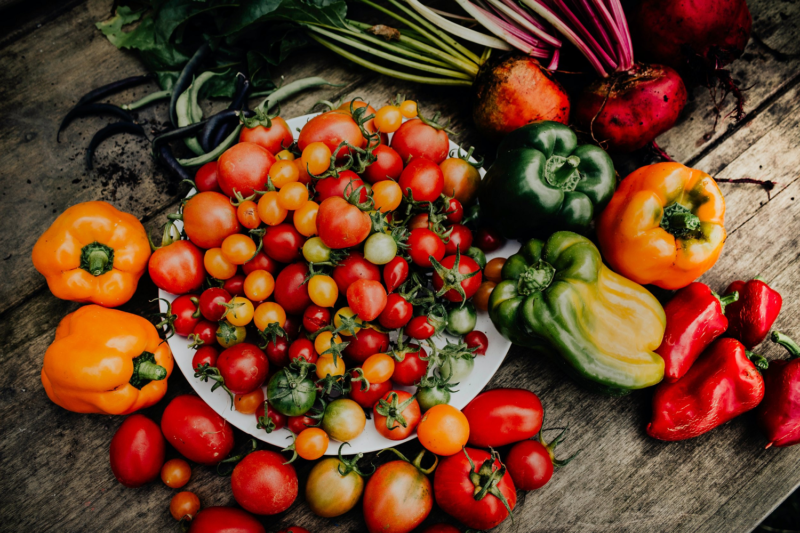
Tomatoes and Peppers
Fresh tomatoes, bell peppers, and chili peppers, providing vibrant flavors and colors to any dish.
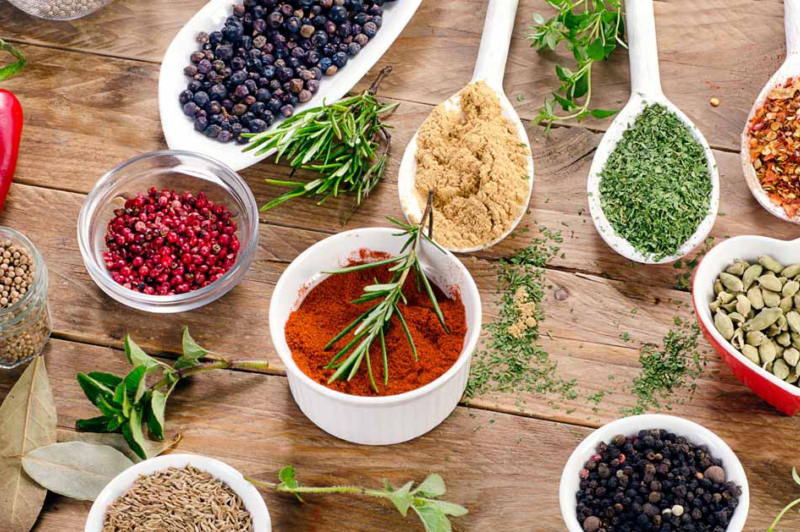
Herbs and Aromatics
Fresh herbs like parsley, cilantro, basil, and aromatic vegetables like garlic and ginger, adding flavor and fragrance to culinary creations.
Global Sourcing for Freshness
Seasonal Availability
Sustainably Sourced
Growing Health, Sustainability, and Flavor
MKK Trade is dedicated to providing fresh, sustainably sourced vegetables to businesses around the world. Our commitment to quality, reliability, and freshness ensures that you can trust us to supply the finest produce, enhancing the health and well-being of your customers.
Starting from
$6
Why Choose us :
Commitment to Freshness
Every vegetable is harvested, packed, and shipped with care to ensure it reaches our clients in the freshest condition, preserving its nutritional value and flavor.
Custom Solutions
MKK Trade offers flexible ordering options and custom packaging to meet the specific needs of our clients, whether it’s for bulk wholesale or tailored retail distribution
Sustainably Sourced
We prioritize working with growers who use sustainable farming practices, ensuring that our fruits are not only fresh but also ethically sourced and environmentally responsible.
Customized Solutions
Global Sourcing
Efficient Logistics and Timely Delivery
Desserts
Choose your favorite category mauris orci dignissim nisl, id gravida nunc enim quis nibh. Maecenas convallis eros a ante dignissim.
Starting from
$12
Panna cotta$18
Maecenas interdum lorem eleifend orci aliquam mollis.
Chocolate cake$14
Maecenas interdum lorem eleifend orci aliquam mollis.
Fruit and almond tart$25
Maecenas interdum lorem eleifend orci aliquam mollis.
Lemon and almond cake$14
Maecenas interdum lorem eleifend orci aliquam mollis.
Tiramisu$12
Maecenas interdum lorem eleifend orci aliquam mollis.
Chocolate pudding$15
Maecenas interdum lorem eleifend orci aliquam mollis.
Strawberry cheesecake$25
Maecenas interdum lorem eleifend orci aliquam mollis.
Italian ice cream$35
Maecenas interdum lorem eleifend orci aliquam mollis.
